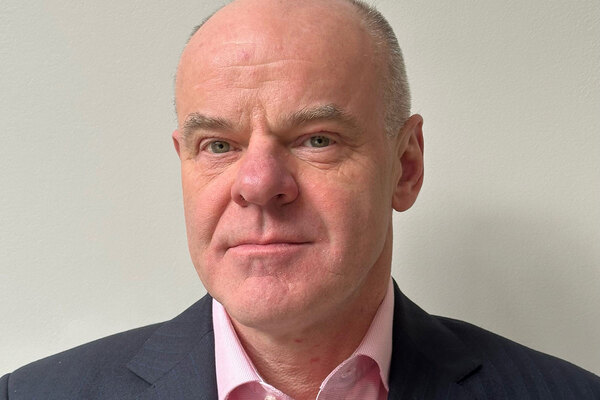You are viewing 1 of your 1 free articles

Grenfell illustrates we need a green recovery that works for social housing
Green finance could help get the country working on retrofitting homes and come to the rescue of residents trapped in homes with Grenfell-style cladding, says Polly Billington
During the day, as director of UK100 – a network of local leaders that campaigns on climate change, clean energy and the environment – I urge local government and businesses to work together to tackle climate change. Right now this involves drawing up priorities for what should be in a green recovery package. This can often become a long shopping list of things the government should invest in. One is retrofitting homes to make them energy efficient and cheaper to heat.
In the evening and weekends, as a local councillor in Hackney, I try to help residents with affordable housing, better health and improving the much-loved place in which they live. Right now, these two different roles come together.
Many in my ward find themselves caught in a nightmare of their homes being deemed both worthless and unsafe: they live in blocks where the cladding breaches the fire safety standards introduced since the Grenfell tragedy.
There are four sites in my ward, but the problem is nationwide. As many as 600,000 people live in ‘unsellable’ flats – valued at £0 – and are trapped because prospective buyers can’t secure mortgages on them.
Those who own the buildings (mainly housing associations) and the developers that built them are in a stand-off over liability. No wonder, as the costs could run into billions, with the potential to bankrupt social landlords.
Opposition MPs have called on the government to pay for the repairs, as the current £1.6bn fund will barely touch the sides of this massive problem.
“Making our leaky, drafty, old- fashioned British homes more energy efficient is a long-term ambition of the green movement, but one that has stalled recently. There seems little appetite from government to invest in this”
Of course there is an argument for a government bailout, but the money would be allocated not to social housing residents but to landlords and developers. The moral hazard for the Treasury if billions were handed over would be who in the future would worry about bad building standards if there was a precedent for the government paying to make it better?
Meanwhile in the climate world, wish lists for a green recovery have retrofitting homes high up. Making our leaky, drafty, old- fashioned British homes more energy efficient is a long-term ambition of the green movement, but one that has stalled recently.
There seems little appetite from government to invest in this. It set a target of EPC standard C for as many homes as possible by 2035 in its Clean Growth Plan three years ago, but with still no pathway to achieving it.
The need is pressing – the UK Green Building Council estimates that we need to retrofit nearly two homes every minute between now and 2050 to meet the net zero target.
Last week, UK100 launched a Resilient Recovery Taskforce with 24 mayors and leaders from the major cities and regions. They will argue for a ‘New Deal’ for skills – retrofit is a key part of that. New analysis released by the taskforce shows that one in 10 jobs need reskilling, with 30% needing new skills and training in the construction sector.
“People want safe, secure, comfortable and affordable homes. What greater case is there for sustainable finance to step up and help create the financial products needed?”
Private finance solutions are gaining traction. The Green Finance Institute published its report to much approval only a few weeks ago. It makes the case for how the government could shape the market for investment in improving the fabric of the buildings we live in.
Private finance can – and should – be able to play an important role in financing this massive programme of national transformation including lending products that would help people in all sorts of tenures of property. But the report does not mention Grenfell.
And this is where my day job, which includes being the secretariat for the All-Party Parliamentary Group on Sustainable Finance, and my role as a councillor combine. People want safe, secure, comfortable and affordable homes. What greater case is there for sustainable finance to step up and help create the financial products needed? By lending to those who accept liability, the costs could be spread over decades, along with the energy efficiency measures such homes will need.
If sustainable finance can lead the way by demonstrating it can deliver social impact as well as climate impact, the naysayers who think it is a niche will be proved wrong. It should be able to tackle the knottiest of financing problems.
Working closely with government could unleash much more. The prime minister’s exhortation to “build, build, build” is welcome as slogans go, though we should be concerned at the lack of a major national programme to improve energy efficiency in our homes.
Next the chancellor has a chance to truly kick-start a green recovery. This surely is one where government and private finance can work together. As we remember those who died in Grenfell three years ago, we should all be making an effort to ensure they didn’t die in vain.
Polly Billington, Hackney councillor; director of UK100; and secretariat for the All-Party Parliamentary Group on Sustainable Finance








